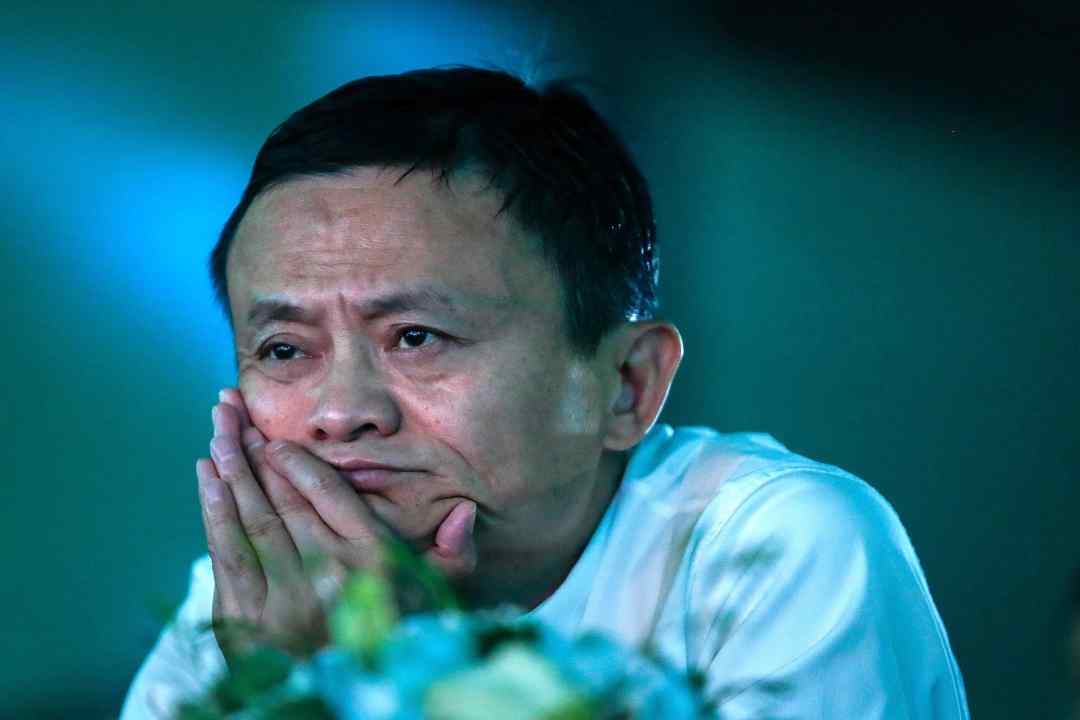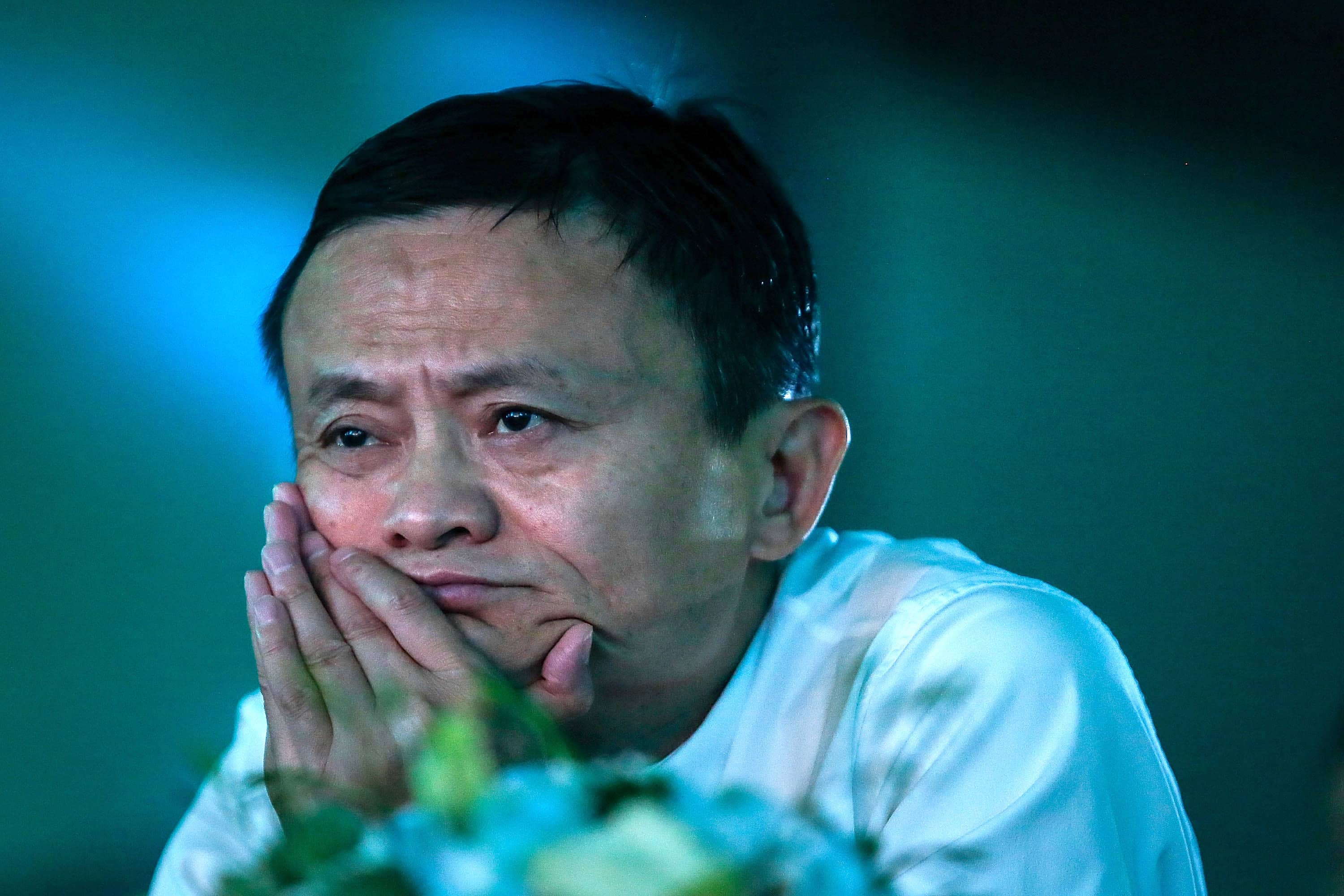Jack Ma used to give rock star performances for his employees at Alibaba, Asia’s biggest online commerce company. He once dressed as Michael Jackson. But those halcyon days are gone. Over the last year, China’s richest man has had his wings clipped by the Chinese Communist party. The flamboyant Ma has only made a handful of public appearances (prompting rumours of a ‘disappearance’ at the hands of the CCP). This week, it transpired that Alibaba has almost halved in value — losing a record $373 billion over just the last 12 months.
Ma’s downfall can be traced back to a misjudged speech he made in Shanghai this time last year. ‘The game in the future is about innovation, not just regulatory skills… We cannot regulate the future with yesterday’s means’, he said, clearly taking aim at China’s regulators who were targeting the country’s new financial technology giants (including Ma’s own, Ant Group).
Xi intends to end the debt-fuelled hyper-state-capitalism of the nineties and noughties
Big mistake. Beijing hit back hard. A week after the speech, regulators changed the rules so that Ant Group’s IPO was pulled overnight. At an estimated $37 billion, it had been touted as the biggest IPO ever. Instantly, $3 billion of Ma’s personal wealth was wiped out. It was an expensive reminder that there’s an important difference between Ma and the likes of Jeff Bezos — a Chinese entrepreneur’s success comes by the grace of the CCP. In Xi Jinping’s China, the party, not businessmen, decides what are ‘yesterday’s means’.
But it wasn’t just about what Ma said. Beijing is not quite that petty. Xi is trying to shift China into a new economic era. Whereas Deng Xiaoping called for some people to get rich first when he initiated China’s economic liberalisation, Xi wants China’s new wealth to be shared more widely.
He intends to end the debt-fuelled hyper-state-capitalism of the nineties and noughties (an era well-documented in businessman Desmond Shum’s new memoir). Property companies can no longer borrow ad infinitum, as China’s second-largest developer Evergrande is finding out (the latest troubles had been triggered by new Chinese regulation). Didi Chuxing, a ride-sharing app, is just one of a number of tech companies facing stricter regulations on data privacy. A ban on foreign run tutoring firms has shaken wider market confidence, causing a sharp sell-off in New York-listed Chinese companies. Last month, Alibaba itself committed $15.5 billion to the government’s efforts in the great redistribution. Nobody quite knows where this money will go — causing some concern among investors — but Daniel Zhang, the current CEO of Alibaba suggested it could help smaller businesses expand abroad.
All this comes under Xi’s banner of ‘common prosperity’, a model by which the Chinese middle class is meant to expand, leaving little room for billionaires, especially those who don’t toe the line.
But it’s not just about redistribution — there’s also, increasingly a special place for the Party in private companies and civil society. In recent years, large firms have been mandated to run ‘party committees’ that consist of senior executives and CCP members, who get together to study Xi Jinping Thought. Today, there are concerns that the Communists will soon push for board representation at tech companies after a government fund took a 1 per cent stake in ByteDance (the company behind TikTok) and a board seat.
Jack Ma is treading water. Since that unfortunate speech, he has cancelled media appearances and become a top philanthropist, giving away $500 million of his personal wealth to charitable causes. A party member, Ma has understood this change in direction at the top. He is now rebranding himself as a low-key, conscientious mogul — in keeping with the new era. For Alibaba, the company that has transformed the lives of so many Chinese consumers, the loss of their all-singing all-dancing leader is proving expensive, but the company will not be the last to be brought to heel in Xi’s brave new world.








Comments